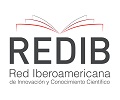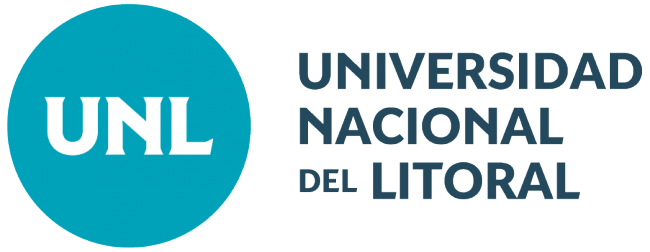The impact of training spaces on social and labor competences in the career of veterinary medicine
DOI:
https://doi.org/10.14409/favecv.v18i2.8505Keywords:
veterinary educationAbstract
The present work accounts for a proposal of training spaces aimed at the acquisition of social skills in students close to finishing the career of Veterinary Medicine of the Faculty of Veterinary Sciences of Universidad Nacional del Litoral, Argentina. These spaces, provided by the Educational Guidance Service, were organized in four workshops inspired by the theory of social and work skills. The four main axes were self-knowledge, labor insertion, social skills and labor competencies. The four main axes were: self-knowledge, labor insertion, social skills and labor competencies. The pedagogical value of the proposal was evaluated through the application of opinion surveys and judgments of significant sentences. The approach methodology was characterized as being qualitative, consisting of an intervention strategy within the educational environment. Some preliminary results show the need to articulate social skills workshops to the curricular structure of university education. The protagonists of this process emphasize the significance that these spaces provide as valid opportunities for their formation, while they are transformed into instances of shared learning.References
Gismero González E. 2000. Escala de habilidades sociales. TEA Ediciones, Buenos Aires. 56 pp.
Le Boterf G. 2000. Ingeniería de las competencias. EPISE y Gestión 2000, Barcelona. 462 pp.
López Barbera E, Knappe, P. 2000. Introducción al role-playing pedagógico. Ed. Desclee de Brouwer, Madrid. 296 pp.
Perrenoud PH. 1997. Construire des compétences dès l'école. ESF Editeur. Paris. 125 pp.
Pozo M. 2008. Aprendices y maestros. La psicología cognitiva del aprendizaje. Editorial Alianza, Madrid. 614 pp.
Taylor SJ, Bogdan R. 2000. Introducción a los métodos cualitativos de investigación. Editorial Paidós, Barcelona. 345 pp.
Wagensberg J. 1998. Ideas para la imaginación impura. Tusquets Editores, Barcelona. 282 pp.
Downloads
Published
How to Cite
Issue
Section
License
FAVE Sección Ciencias Veterinarias ratifies the open access model, in which contents (in full) are available free to anyone in the internet. The costs of production and publication are not transfered to the authors. This policy intends to break social and economical barriers that generate inequities in the access to information, and for the publication of research results.
All articles can be accessed at http://bibliotecavirtual.unl.edu.ar/publicaciones/index.php/FAVEveterinaria/issue/current/, under license Creative CommonsAtribución-NoComercial-Compartir Igual 4.0 Internacional.










